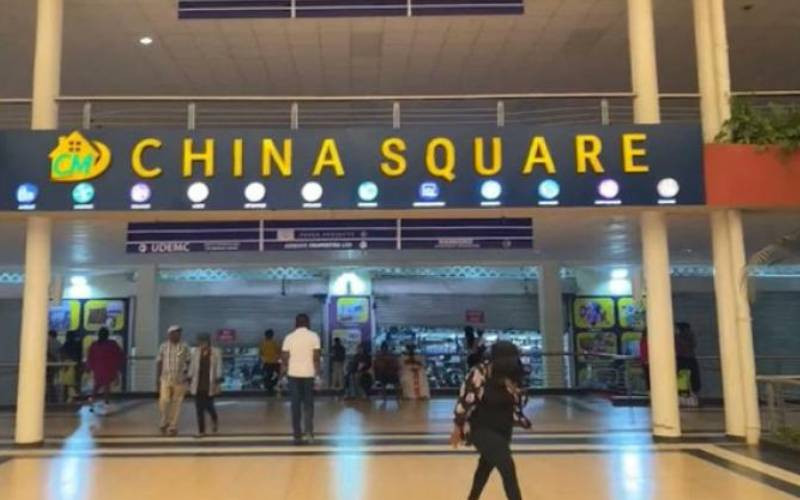×
The Standard e-Paper
Fearless, Trusted News

Last week, I stopped by China Square along the Thika Superhighway to confirm its existence.
Why would a single building stoke so much controversy, culminating in a demonstration against what protestors called Chinese infiltration of small businesses, better known as hustling?